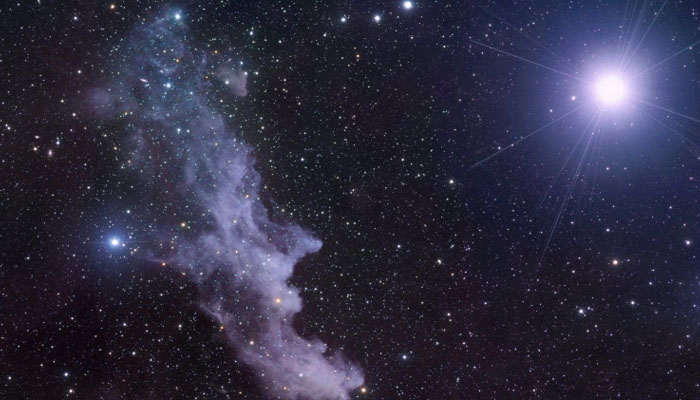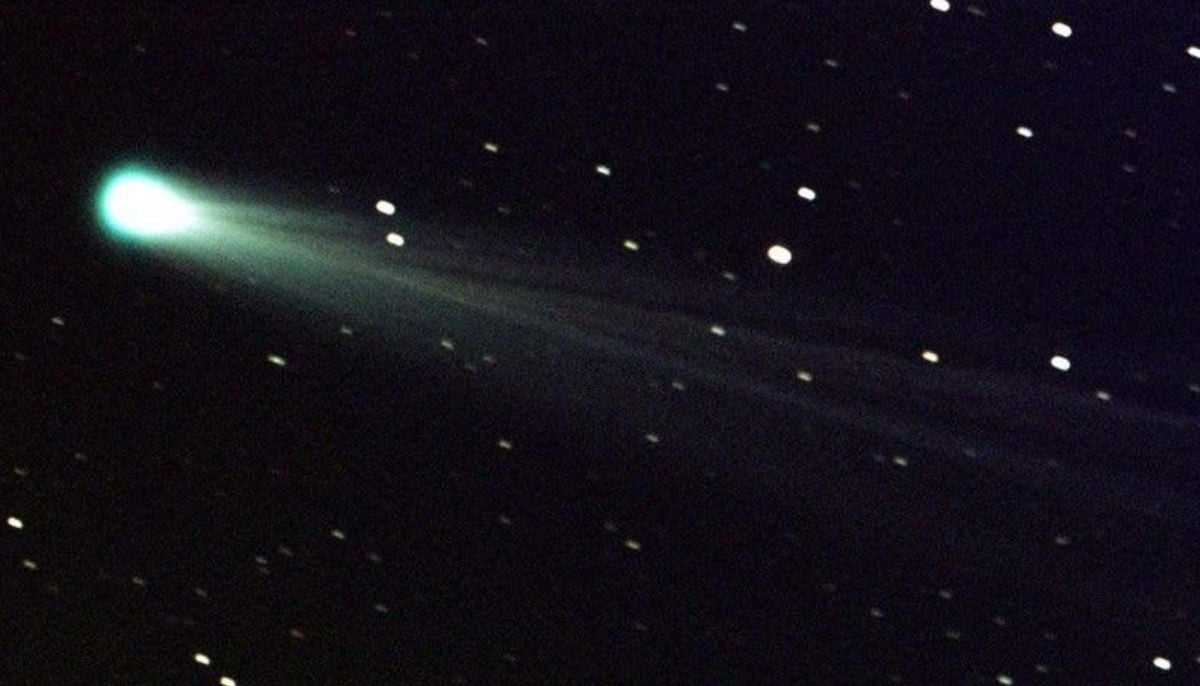Earliest starlight of universe discovered by Nasa's JWST in cosmic fog
Earliest starlight of universe belongs to cosmic dark ages, as per scientists
The James Webb Space Telescope (JWST) has looked back in time to help explain the reionisation phase, which is one of the greatest mysteries in the cosmos.
After a protracted era known as the cosmic dark ages, this phase in the cosmic timeline is believed to have been initiated by the birth of the first stars and galaxies, according to Interesting Engineering.
The question of how the early cosmos broke out of the cosmic dark ages has been a subject of scientific inquiry.
With the most precise data ever on this cosmic dawn, the powerful space telescope has shed light on the first billion years of the universe.
The results imply that the reionisation of the early universe was probably initiated by the young galaxies.
“They were incredibly energetic stars in many, many tiny little galaxies,” said Joel Leja, assistant professor of astronomy and astrophysics at Penn State and author of the paper.
“These sources worked like cosmic lighthouses that burned off the fog of neutral hydrogen. Whatever this was, it was so energetic and so persistent, that the entire universe became re-ionised,” explained Leja.
The first thorough spectrum data on the oldest starlights in the universe were gathered by the Webb telescope.
Especially, the photos provide a previously unattainable view of minuscule, recently created galaxies that were born less than a billion years after the Big Bang.
A pivotal point in the cosmic chronology is the reionisation epoch. The universe was formerly dark and covered in a thick, impenetrable layer of primordial gas.
There were no light sources in the early universe during the cosmic dark ages. Things started to slowly change as the first stars came on.
Strong UV light from these astronomical objects ionised the neutral hydrogen in the surrounding vacuum.
All in all, the birth of young stars and galaxies was essential in clearing the cosmic mist.
-
‘Smiling electrons’ discovered in Earth’s magnetosphere in rare space breakthrough
-
Archaeologists unearthed possible fragments of Hannibal’s war elephant in Spain
-
NASA's Hubble Space Telescope discovers ‘Dracula Disk', 40 times bigger than solar system
-
Annular solar eclipse 2026: Where and how to watch ‘ring of fire’
-
Scientists discover rare form of 'magnets' that might surprise you
-
Humans may have 33 senses, not 5: New study challenges long-held science
-
Northern Lights: Calm conditions persist amid low space weather activity
-
SpaceX pivots from Mars plans to prioritize 2027 Moon landing












